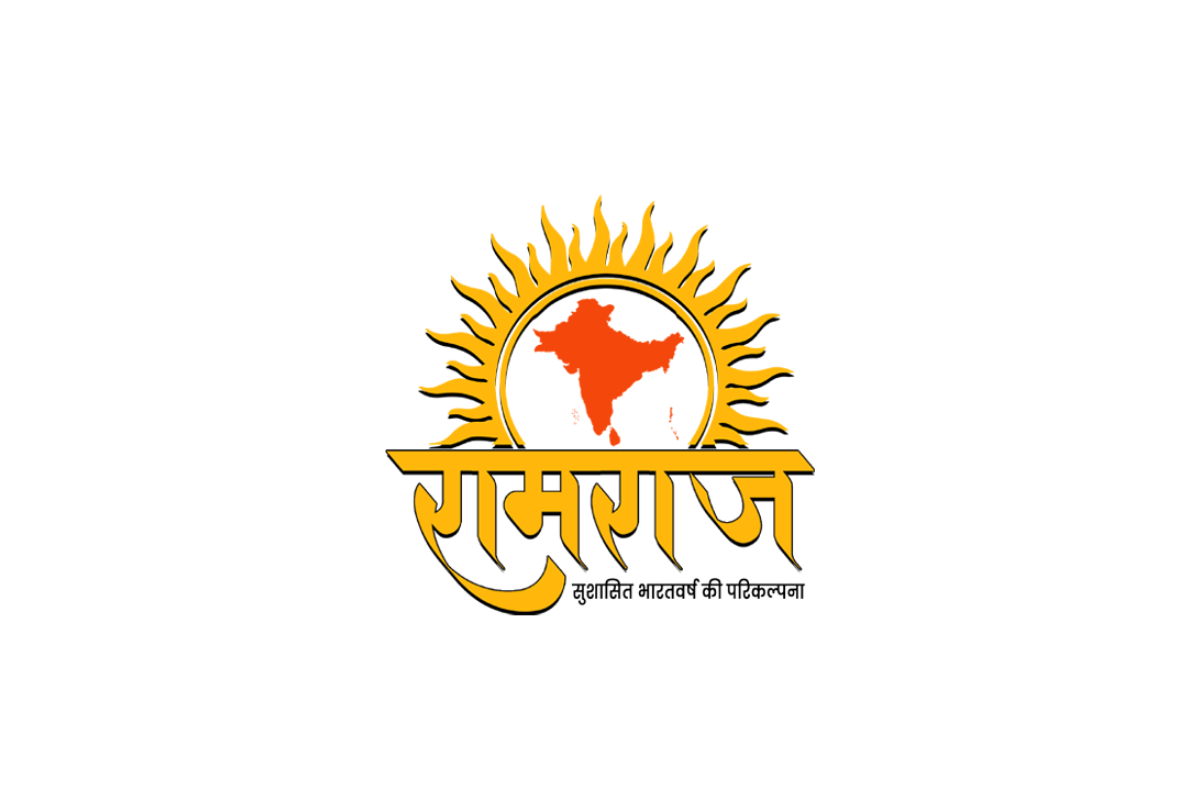In the three decades since reservation of seats for women in panchayati raj institutions was introduced, the country saw women dismantling gender barriers to take the lead in the political field at the grassroots level and excel in it
Geeta Mahanand, the sarpanch of Risama panchayat in Chhattisgarh’s Durg, said she would have never come forward to contest the rural polls had there been no reservation for women in the Panchayati raj system.
A housewife who was thrust into politics after the seat was reserved for women, Mahanand said reservation not just empowered her to make decisions but also boosted her confidence to do more for the society.
In the three decades since reservation of seats for women in panchayati raj institutions was introduced, the country saw women dismantling gender barriers to take the lead in the political field at the grassroots level and excel in it.
In 1992, the P V Narasimha Rao government passed the 73rd and 74th Constitutional Amendment Acts mandating the reservation of one-third of seats for women in Panchayati Raj institutions. Over three decades later, the 128th Constitution amendment bill, referred to as the Nari Shakti Vandan Adhiniyam, is seen as yet another significant stride towards achieving gender equity in politics.





